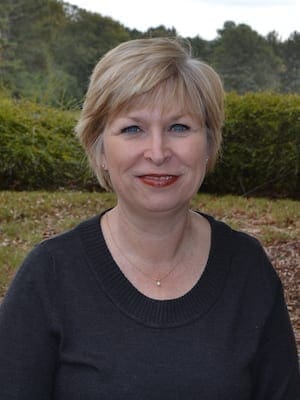Martin Luther’s historic act on Oct. 31, 1517, had innumerable repercussions for the Christian faith. One significant outcome of his reforming movement was the development of the Lutheran Church, which quickly extended beyond the borders of Germany.
Today there are scattered throughout the world over 59 million Lutherans, belonging to 250 different autonomous Lutheran church bodies. In North America, there are 8.7 million Lutherans, belonging to 21different Lutheran bodies. The largest of these bodies is the Evangelical Lutheran Church in America (ELCA), established in 1988 with the merger of the Lutheran Church in America, the American Lutheran Church and the Association of Evangelical Lutheran Churches.
The second largest Lutheran church body in North America is the Lutheran Church—Missouri Synod (LCMS), which in 1998 had 2,594,404 members and ranked as the 11th largest denomination in the United States
The LCMS was established in 1847. In April of that year, 12 pastors gathered in Chicago. Some were German immigrants who had come to the United States seeking freedom from the religious rationalism they encountered in Germany, and seeking also to preserve their Lutheran confession of the faith.
Under the leadership of C.F.W. Walther, this group formed “The German Evangelical Lutheran Synod of Missouri, Ohio, and Other States.” The group adopted a constitution and elected Walther as its first president.
The 12 original congregations, which included about 3,000 members, grew to include over 2.6 million members by 1998, with 6,218 congregations. The LCMS has congregations throughout the United States, with the heaviest concentration in the Midwest.
On its 100th anniversary in 1947, the group formally changed its name to the Lutheran Church—Missouri Synod. Today, the Synod has 10 colleges and 62 high schools. It also has the nation’s largest Protestant elementary school system with 1,786 elementary schools and preschools. The LCMS operates two seminaries: Concordia Theological Seminary in Fort Wayne, Ind., and Concordia Seminary in St. Louis, Mo.
In the early 1970s, the St. Louis school experienced great turmoil. In 1973, delegates at the national convention called for an investigation into charges that the St. Louis seminary was teaching doctrine contradicting the Scriptures and the Lutheran confessions.
On Jan. 20, 1974, the seminary’s board suspended its president, Dr. John Tietjen. As a result of the suspension, most of the students and 45 of the 50 faculty members walked out. This group ultimately established the Concordia Seminary in Exile (also known as Seminex; this school later merged with the Lutheran School of Theology in Chicago).
The few students and faculty members left at the St. Louis seminary managed to keep the seminary alive. Concordia Seminary survived this controversy, and in the 1999-2000 academic year enrolled 598 students.
A more recent controversy within the LCMS concerned the participation of Atlantic District President David Benke in “A Prayer for America” at New York’s Yankee Stadium on Sept. 23, 2001, an event co-hosted by Oprah Winfrey and James Earl Jones and led by Christian and non-Christian clergy, political leaders and entertainers.
As a result of Benke’s presence and participation in the event, five LCMS pastors formally charged him with syncretism (worshipping with non-Christians). If found guilty of this charge, Benke’s membership in the Synod could be terminated.
This controversy is in keeping with the LCMS’s refusal to participate in the ecumenical movement. The LCMS does not belong to the Lutheran World Federation, the National Council of Churches or the World Council of Churches.
Other doctrinal and ethical positions held by the LCMS include its commitment to the authority of Holy Scripture as the inspired and inerrant Word of God, passionate support for the pro-life position, strong opposition to euthanasia, rejection of homosexual behavior and disagreement with the ordination of women to the pastoral ministry.
Pam Durso serves as assistant professor of church history and Baptist heritage at Campbell University Divinity School in Buies Creek, N.C.

